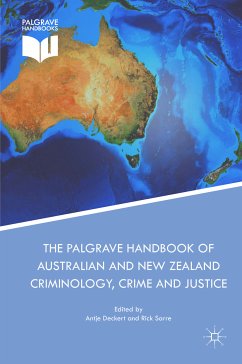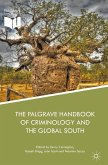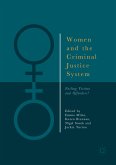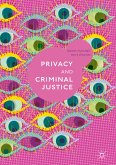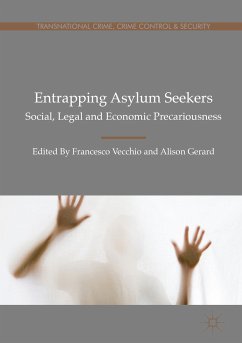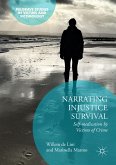This handbook engages key debates in Australian and New Zealand criminology over the last 50 years. In six sections, containing 56 original chapters, leading researchers and practitioners investigate topics such as the history of criminology; crime and justice data; law reform; gangs; youth crime; violent, white collar and rural crime; cybercrime; terrorism; sentencing; Indigenous courts; child witnesses and children of prisoners; police complaints processes; gun laws; alcohol policies; and criminal profiling. Key sections highlight criminological theory and, crucially, Indigenous issues and perspectives on criminal justice. Contributors examine the implications of past and current trends in official data collection, crime policy, and academic investigation to build up an understanding of under-researched and emerging problem areas for future research. An authoritative and comprehensive text, this handbook constitutes a long-awaited and necessary resource for dedicated academics, public policy analysts, and university students.
Dieser Download kann aus rechtlichen Gründen nur mit Rechnungsadresse in A, B, BG, CY, CZ, D, DK, EW, E, FIN, F, GR, HR, H, IRL, I, LT, L, LR, M, NL, PL, P, R, S, SLO, SK ausgeliefert werden.
Hinweis: Dieser Artikel kann nur an eine deutsche Lieferadresse ausgeliefert werden.

